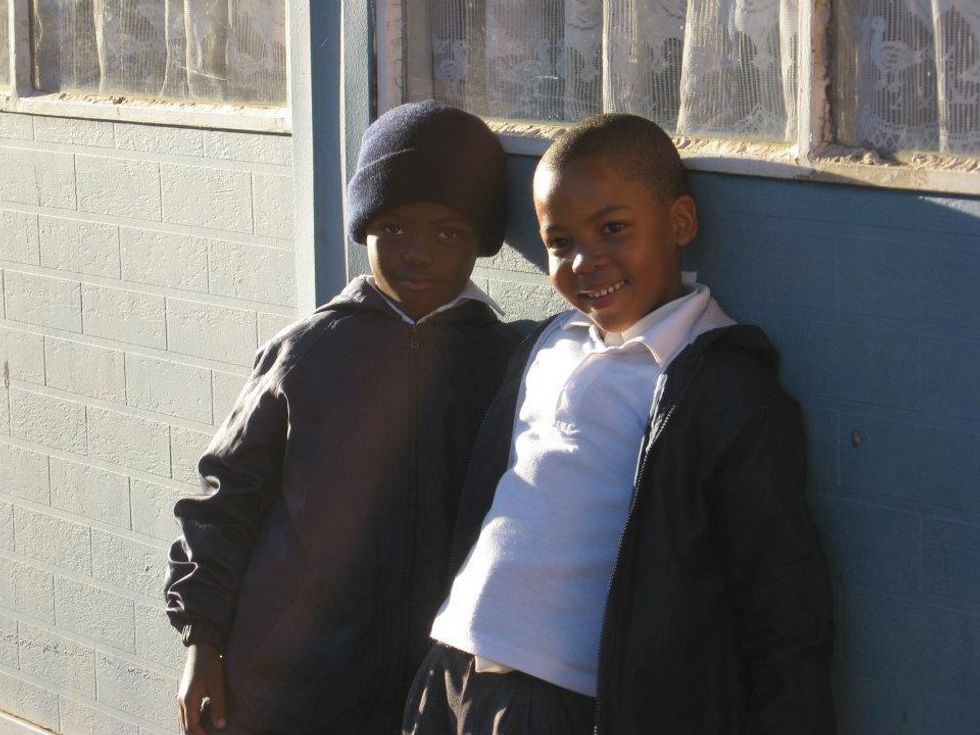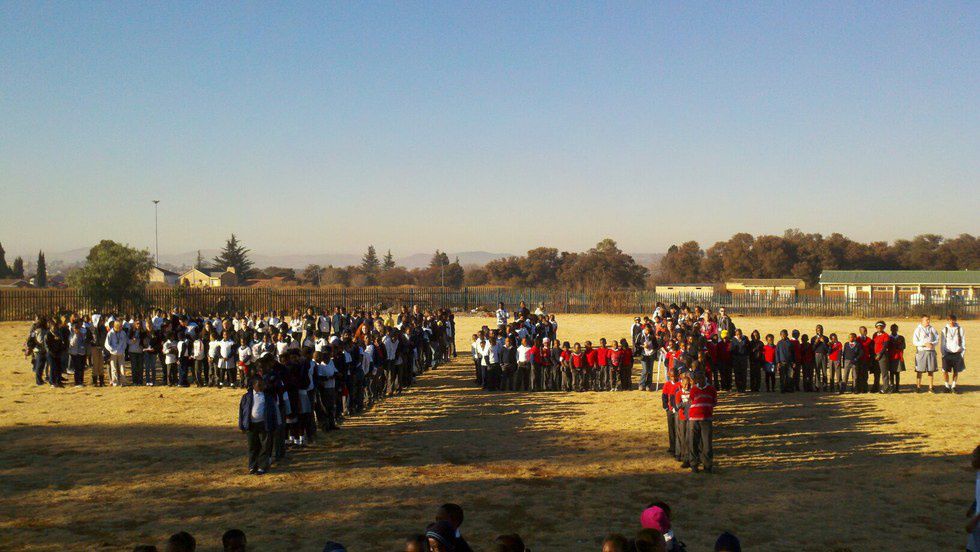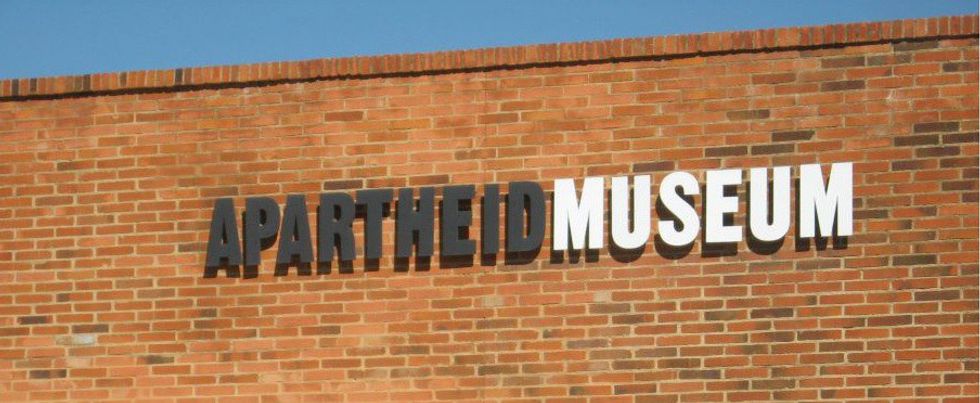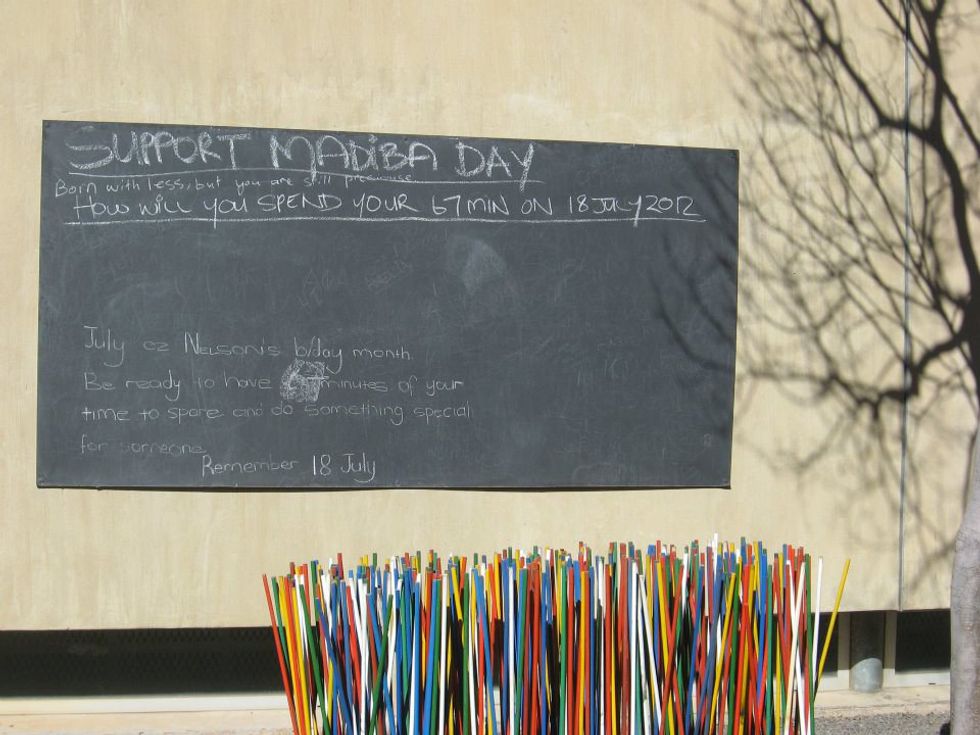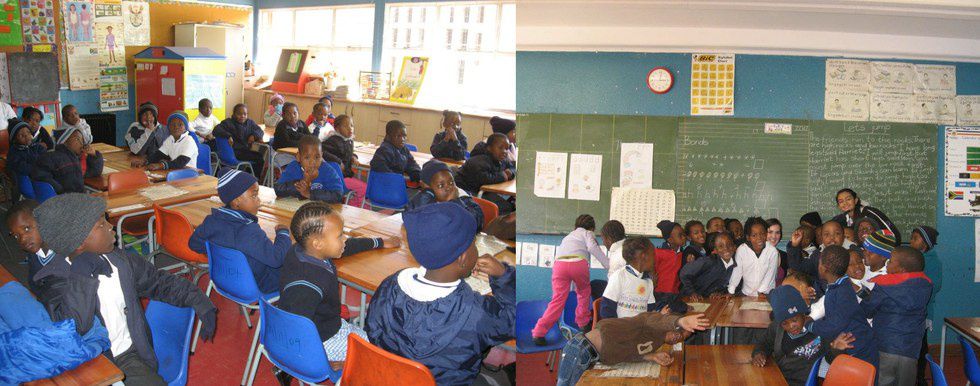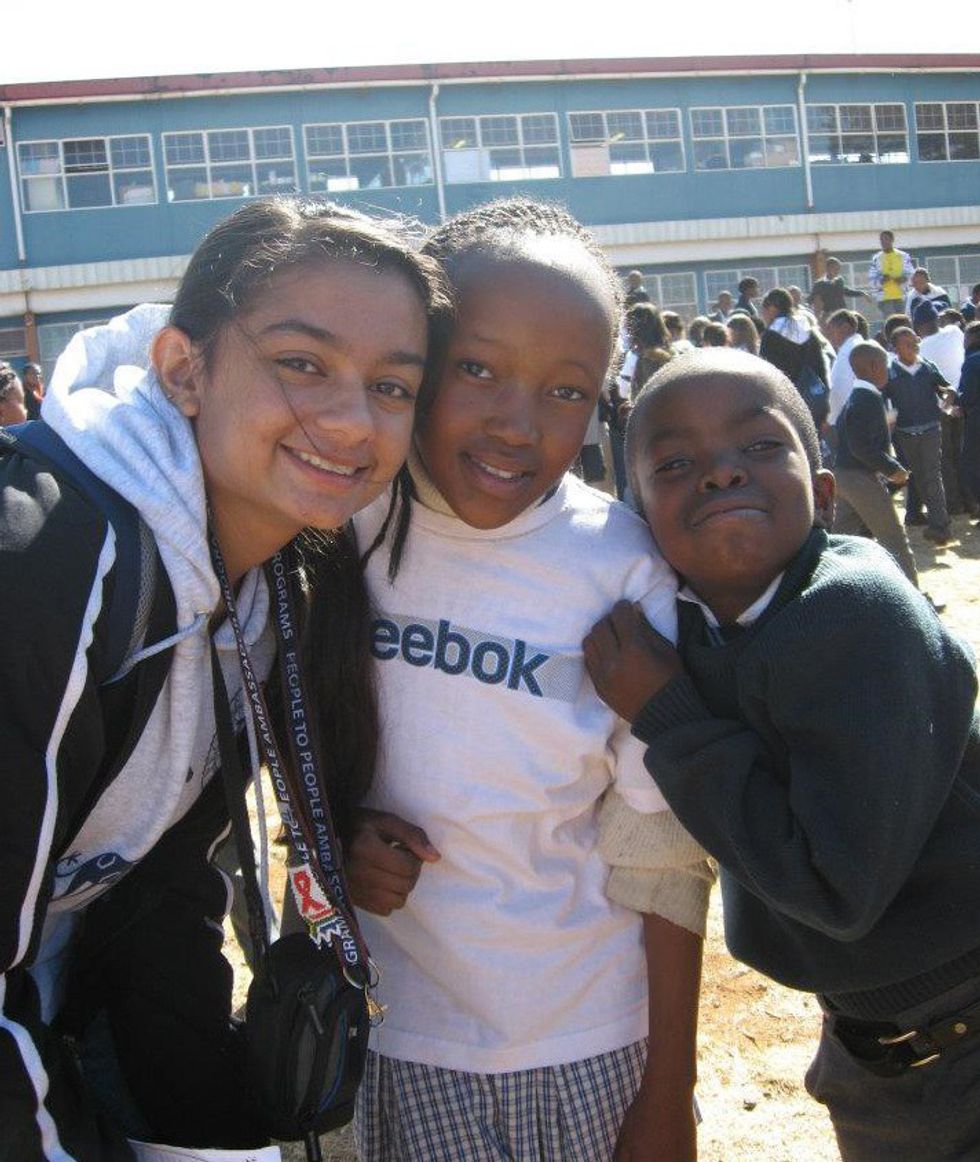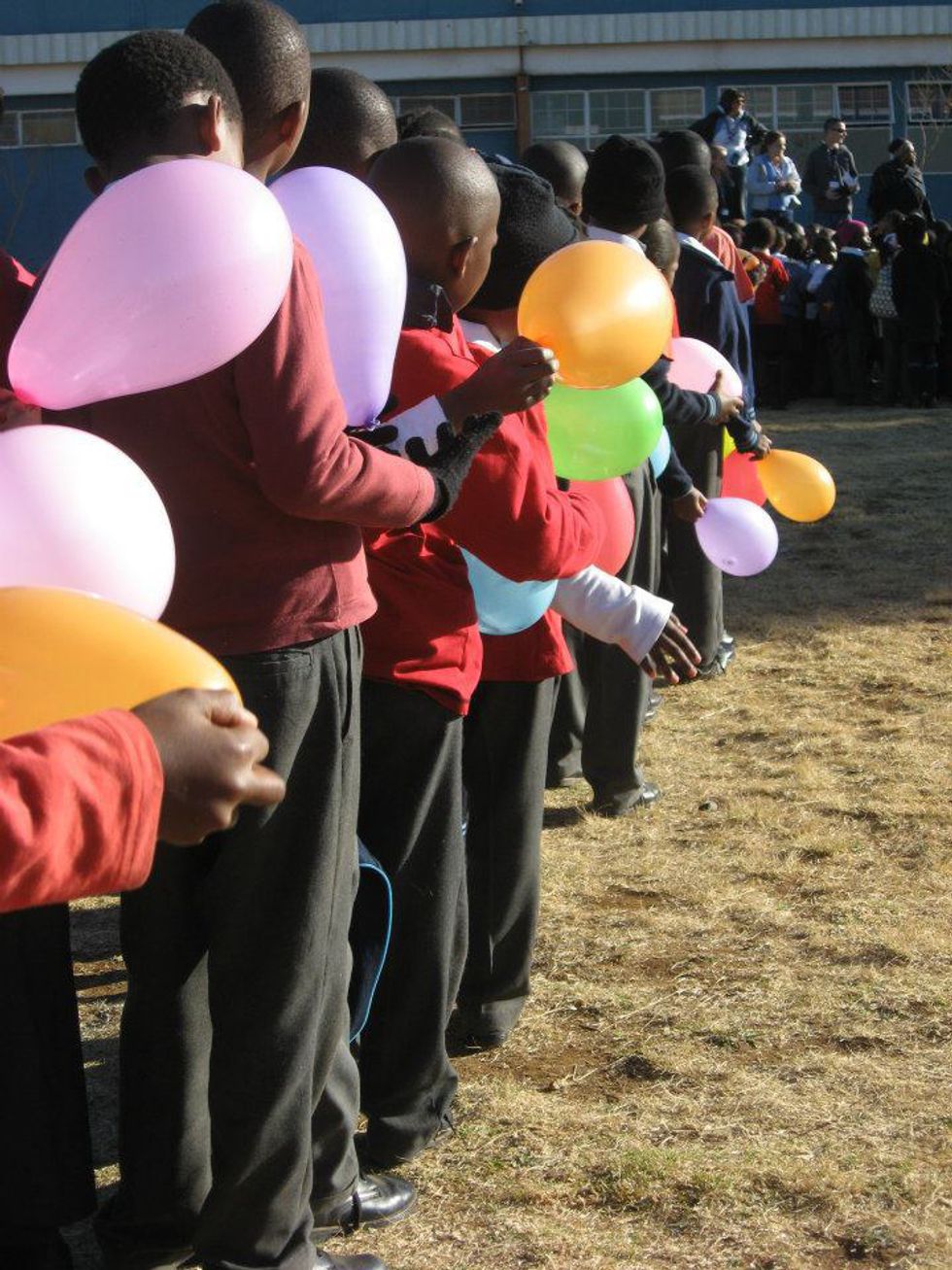Living history — it seems like an unusual concept. History is usually read in textbooks and watched on documentaries. In fact, I often love going to museums because they bring you so close to experiencing history. Four years ago, I got a slice of what it feels like to live history. Now I know that everyday history is being made in every way from scientific advancements in cancer research to even the sky-rocketing propulsion of Nintendo’s stock, following the success of Pokemon Go. But, when I visited South Africa in the summer of 2012, it hit me that in some way I was experiencing history that I thought had ended and was in the past.
Nelson Mandela’s name is almost always associated with apartheid, as well as Invictus and Morgan Freeman. His stark cell on Robben Island has called in many visitors, like myself, to see not only what his life and living standards were like, but also what his struggle and strength was about. The few days we spent in Johannesburg included Mandela Day and the surrounding days. From the moment we stepped off of the plane, we heard everyone affectionately refer to Mandela as "Madiba." Having learned about Apartheid in school, in plays such as Master Harold and the Boys, I thought apartheid was a thing of the past, a part of a world history lesson at school. It wasn’t until our local guide explained to us how some of the effects of apartheid are still lingering in society that I realized just how far the country had come in its few years!
I must say that I got to visit South Africa at the perfect time, when the country was still in good spirits, in terms of tourism, following the Soccer World Cup. It was pretty exciting to see the FIFA 2010 world cup stadium as Shakira’s ‘Waka Waka’ was blasting in the background. The locals take a lot of pride in hosting not only the Soccer World Cup, but also the Rugby and Cricket World cups, which also stand as a reflection of how far this country has come. However, there was visual evidence of apartheid wrapping up its loose ends — the apartheid museum, for example; and not too much time had passed to hear primary accounts and genuine sentiments. To top it all off, it was Madiba’s 94th birthday.
The Apartheid Museum is the epitome of moving forward. From the moment one enters the museum, a simple identity of either “black” or “white,” is bestowed upon them and a heart-wrenching, yet important story unfolds. As I approached the end of the museum, it looked as though it had not yet been totally completed. There were newspaper clippings from important moments regarding apartheid, and the most recent clipping had been published less than a week before my arrival. It wass then that I realized I was visiting such a passionate country at such a powerful time.
Stepping out of the museum and stepping into reality showed me not to see a holiday or even history as being static; rather than just celebrating it with a day off from school and work, it should be celebrated through actions. Mandela Day is characterized by observers devoting 67 minutes of the day to social good and service to represent Nelson Mandela’s 67 years of dedication helping others and breaking the shackles of injustice.
For our 67 minutes we went to a local primary school in Soweto, where Nelson Mandela used to be a resident. Meandering the alleys of slum, I was puzzled at the satellite dishes on the roofs of little shacks. If they have electricity, why don’t they have better conditions of living? Following the Soweto Uprising, the apartheid state gave electricity but phased out financial support, which is reflected in the current state of the township. At the local primary school, I helped teach a first grade class, where the students sat in a cold classroom, all bundled up, yet incredibly enthusiastic to learn, take pictures, and feel our “soft American hair.” Living in a township that is 98.54% black (according to the 2011 census), all of these students’ parents and families had been impacted by apartheid. In fact, after we read the first graders a picture book on Nelson Mandela, the class got up, fervently chanting, “ANC, ANC” for the African National Congress, which is currently the country’s social democratic political party. We were all moved when a third grader, Fiona, gave a speech about why it is important to have a voice and be an advocate for yourself and your peers.
Unlike what many expect, what really stuck with me wasn’t that I am fortunate for my living conditions — for which I am forever grateful. What stuck with me is what the people of South Africa taught me about their lives. What stuck with me is that not only should one commemorate and acknowledge the past, but also share one’s passion with others and work together to act on these strong sentiments to catalyze change.




